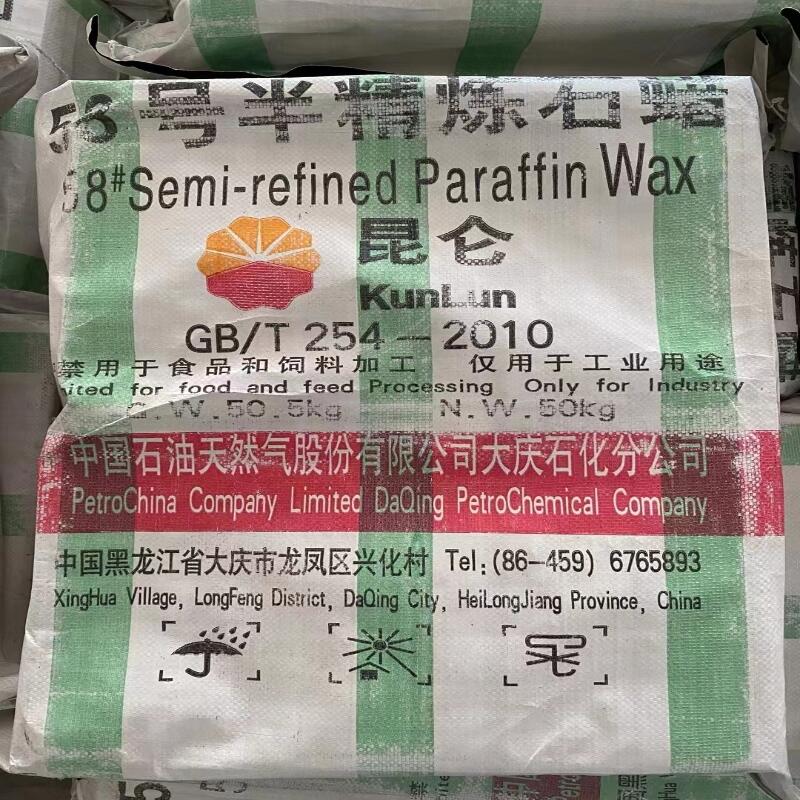-
Categories
-
Pharmaceutical Intermediates
-
Active Pharmaceutical Ingredients
-
Food Additives
- Industrial Coatings
- Agrochemicals
- Dyes and Pigments
- Surfactant
- Flavors and Fragrances
- Chemical Reagents
- Catalyst and Auxiliary
- Natural Products
- Inorganic Chemistry
-
Organic Chemistry
-
Biochemical Engineering
- Analytical Chemistry
-
Cosmetic Ingredient
- Water Treatment Chemical
-
Pharmaceutical Intermediates
Promotion
ECHEMI Mall
Wholesale
Weekly Price
Exhibition
News
-
Trade Service
Bis(p-methylbenzylidene)sorbitol, also known as 1,2-bis(p-methylbenzylidene)sorbitol or PMBS, is a white, odorless, and water-soluble solid that is commonly used as a stabilizer in the production of liquid crystalline polymers.
The chemical industry has a wide range of products that can be classified as either upstream or downstream products.
Upstream products are those that are used in the production of other chemicals, while downstream products are those that are created as a result of the chemical reactions that take place in the production process.
Upstream products of Bis(p-methylbenzylidene)sorbitol include materials that are used as raw ingredients in the production of PMBS.
These materials include p-methylbenzyl alcohol, sorbitol, and other chemicals that are used in the production process.
The p-methylbenzyl alcohol is a key raw material for the production of PMBS, and it is typically obtained through a series of chemical reactions involving benzaldehyde and methanol.
Sorbitol, on the other hand, is a sugar alcohol that is commonly used as a sweetening agent in food products and as a humectant in personal care products.
In addition to p-methylbenzyl alcohol and sorbitol, other upstream products of PMBS include the chemicals used in the purification and isolation of the final product.
These chemicals may include solvents, such as dichloromethane, that are used to dissolve the PMBS and remove any impurities that may be present.
Downstream products of Bis(p-methylbenzylidene)sorbitol include a wide range of chemicals and products that are created as a result of the reactions that take place in PMBS production.
These products can be divided into several categories, including polymers, coatings, and other chemicals.
Polymers are one of the most common downstream products of PMBS.
These polymers are typically used in liquid crystal displays (LCDs) and other applications where high-quality, stable liquid crystalline polymers are needed.
PMBS is used as a stabilizer in the production of these polymers, helping to maintain the stability and optical properties of the final product.
Coatings are another common downstream product of PMBS.
These coatings are used to protect the surface of various materials, such as electronic components and medical devices, from damage and wear.
The stability and optical properties of PMBS make it an ideal ingredient in these coatings, as it helps to improve the overall performance of the coating.
Other downstream products of PMBS include a wide range of chemicals that are used in various applications.
These chemicals may include solvents, surfactants, and other materials that are used in the production of various products.
In summary, Bis(p-methylbenzylidene)sorbitol is a versatile chemical that is used in the production of a wide range of products.
Upstream products of PMBS include raw materials such as p-methylbenzyl alcohol and sorbitol, as well as chemicals used in the purification and isolation of the final product.
Downstream products of PMBS include a variety of polymers, coatings, and other chemicals that are used in a wide range of applications.
PMBS is an essential ingredient in the production of many of these products, helping to improve their stability and overall performance.







